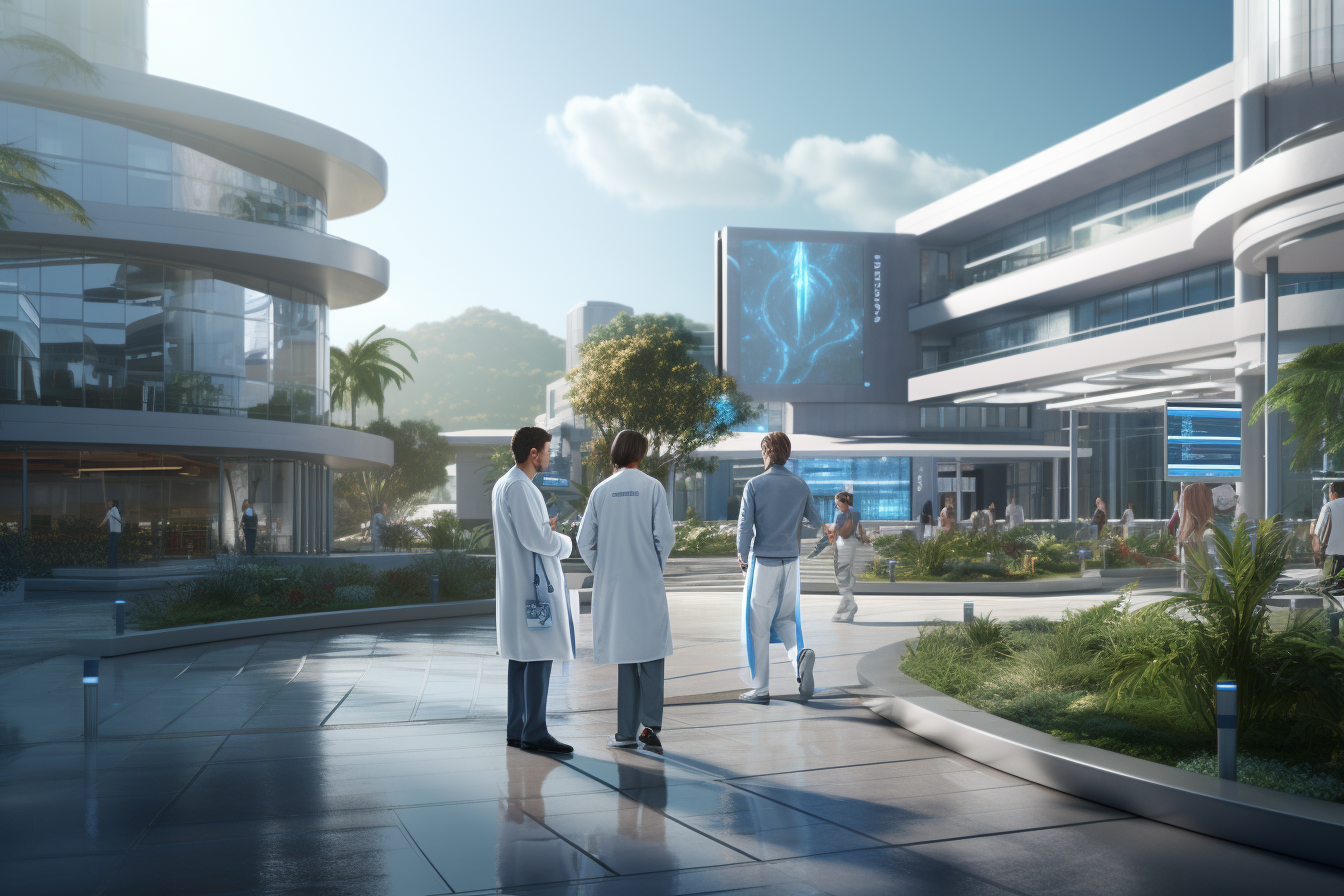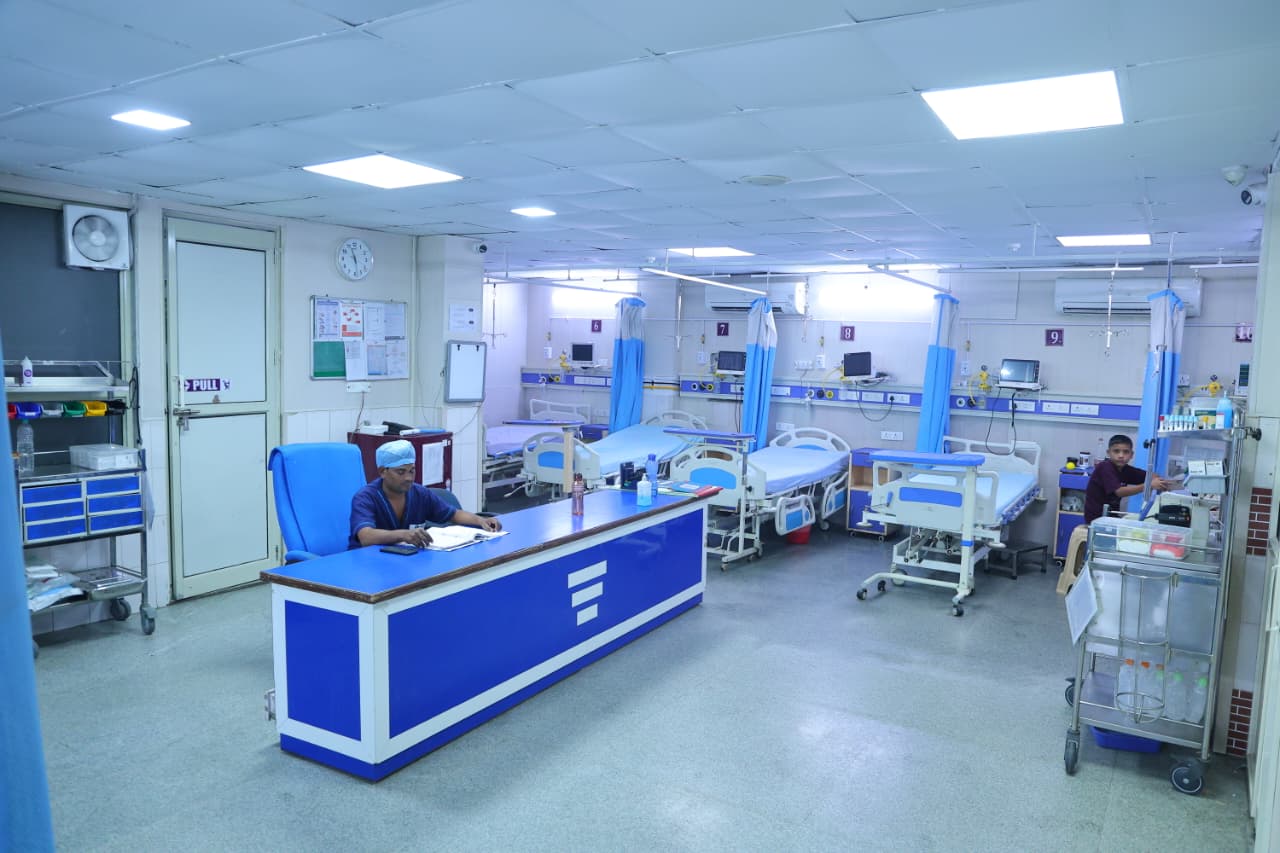
Opening a new hospital is a significant
undertaking that requires meticulous planning and strategic insight. One of the
foundational steps in ensuring success is conducting thorough market research.
This process helps identify the community's needs, understand competition, and
determine how your hospital can provide value.
Here's
a detailed guide to conducting market research effectively for a new hospital.
1. Define
Clear Objectives
Start by outlining what you want to achieve
with your market research. Are you looking to understand the demand for
specific medical services? Do you want to identify underserved areas or learn
about your potential competitors? Clearly defined objectives will guide your
research process and ensure actionable results.
2.
Understand Your Target Audience
Your target audience includes patients,
healthcare providers, and local stakeholders. To better understand their needs,
consider the following factors:
- Demographics:
Analyze the age, gender, income levels, and cultural backgrounds of the
local population.
- Health Needs:
Identify prevalent health issues in the community, such as chronic
diseases, maternal health requirements, or geriatric care needs.
- Preferences:
Understand the community’s expectations for healthcare services, including
the types of specialists and technologies they seek.
3. Analyse
the Competition
Research existing hospitals and clinics in the
area. Evaluate their strengths and weaknesses by considering:
- Services offered (general care, specialized treatments, emergency
services).
- Patient reviews and satisfaction levels.
- Accessibility and convenience.
- Pricing structures and insurance tie-ups.
Identify gaps in the services they
provide—these gaps represent opportunities for your hospital.
4. Conduct
Primary Research
Primary research involves gathering fresh data
directly from the source. Here are some methods:
- Surveys and Questionnaires:
Distribute surveys to local residents to learn about their healthcare
experiences and unmet needs.
- Focus Groups:
Engage small groups of community members to discuss their expectations and
challenges regarding healthcare.
- Interviews:
Speak with healthcare professionals and local leaders to gain insights
into regional health trends and operational expectations.
5. Leverage
Secondary Research
Secondary research involves using existing
data to inform your decisions. Sources include:
- Government health statistics and census data.
- Industry reports and white papers.
- Data from healthcare associations and insurance providers.
This research can provide a broader
understanding of trends and benchmarks in the healthcare industry.
6. Evaluate
Demand for Services
Analyse the data to determine the community’s
healthcare needs. Look for patterns in:
- Population growth and demographics.
- Common medical conditions or diseases.
- Demand for specialized care such as paediatrics, cardiology, or
orthopaedics.
This information will help you design services
that align with the community’s needs.
7. Assess
the Location
Location plays a critical role in the success
of a hospital. Evaluate potential sites based on:
- Proximity to residential areas.
- Accessibility via public and private transportation.
- Availability of parking and nearby amenities.
A convenient location increases the likelihood
of attracting patients.
8.
Understand Pricing and Insurance Preferences
Research the community’s financial preferences
and constraints. Determine:
- The affordability of healthcare services in the area.
- Popular insurance providers and coverage plans.
- Out-of-pocket payment trends.
This will help you set competitive pricing and
establish partnerships with key insurance companies.
9. Test
Feasibility
Before committing to full-scale operations,
test your plans with smaller initiatives:
- Pilot studies for specific services.
- Community health camps to gauge interest and gather feedback.
- Marketing campaigns to measure awareness and engagement levels.
10.
Organize Data and Plan Accordingly
Compile your findings into a comprehensive
report. Highlight key insights, trends, and actionable recommendations. Use
this data to:
- Design hospital services and specialties.
- Develop marketing and outreach strategies.
- Build partnerships with local organizations and insurance
providers.
Final
Thoughts
Effective market research is the cornerstone of a successful hospital. By understanding your community, assessing the competition, and identifying opportunities, you can build a healthcare facility that meets needs while standing out in the market. The time and effort invested in thorough research will pay off in the form of improved patient satisfaction and sustainable growth for your hospital.
Recent Posts

Get Free
Consultations
Special Advisors









Role of SOPs in Hospital Efficiency